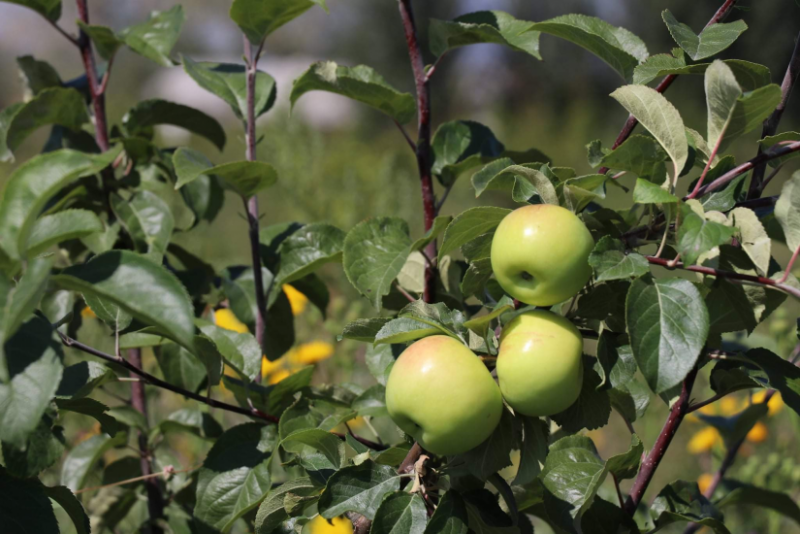Onon Balj Biosphere Reserve Joins UNESCO Global Network
Onon-Balj Biosphere Reserve of Mongolia has been registered to the global network of UNESCO Biosphere Reserves. UNESCO’s Man and the Biosphere (MAB) Programme has approved the designation of 10 new biosphere reserves in 9 countries, and one transboundary biosphere reserve across 2 countries during the 35th meeting of the International Coordinating Council of the Programme on June 14.
With these 11 new designations, the World Network now totals 748 sites in 134 countries, including 23 transboundary sites.
Onon-Balj Biosphere Reserve is situated at the southern edge of the Siberian and boreal coniferous forest, which encompasses the Daurian steppe and the Onon and Balj River basin. Major ecosystem types here include forest, grassland, and freshwater, characterized by the vertical landscapes that transition from the Khentii mountain range to taiga/boreal coniferous forest, then to steppe.
The biosphere reserve is not only a hotspot for wetlands and water birds, but it also abounds in culturally important areas including historical sites related to Chinggis Khaan (c. 1162–1227) who founded the Mongol Empire. Part of the biosphere reserve is managed as traditional common land and used for livestock herding by local communities, which also make use of the area for haymaking, vegetable growing, and the collection of non-timber forest products for household use. The biosphere reserve attracts a lot of cultural tourism, while environmentally friendly and community-based ecotourism is also a growing industry.
Situated in the Bayan-Uul of Dornod aimag, as well as the Dadal, Bayan-Adraga, Norovlin, and Binder soums of Khentii aimag, the Onon-Balj Biosphere Reserve presents an ideal environment for safeguarding and sustainably utilizing the Onon River, its reservoir, forest ecosystems, landscape ecological formations, and diverse biological resources.
By securing its position within the UNESCO Global Network of Biosphere Reserves, the area's international importance is amplified, leading to enhanced preservation and protection efforts. Additionally, Khuvsgul Lake Natural Park and the Uvs Lake depression, in conjunction with the Russian Federation, were registered as UNESCO World Network of Biosphere Reserves in 2022 and 2021, respectively, with the latter designated as a Transboundary Biosphere Reserve.


